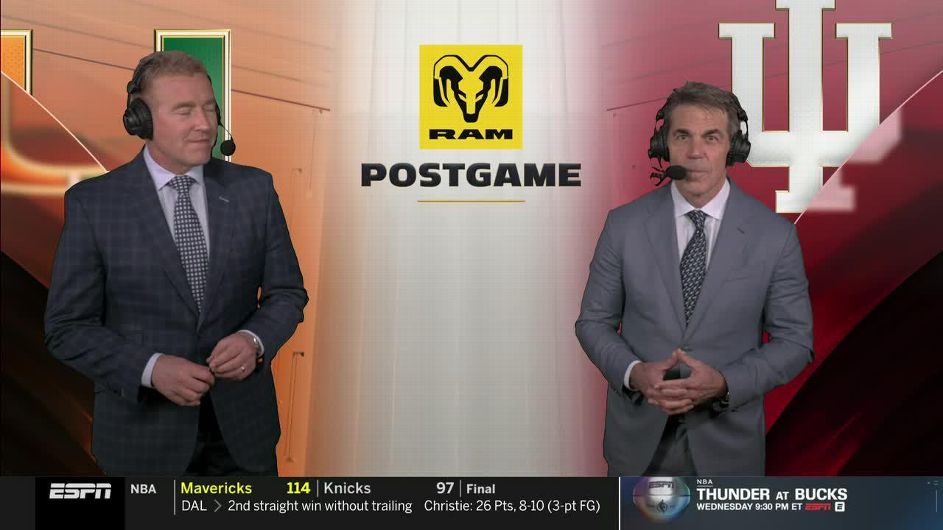
The Full Federal Court of Australia has unanimously dismissed appeals from both Latitude Finance Australia and Harvey Norman Holdings Ltd concerning misleading conduct in a national advertising campaign. The court found the appeals, described as “barely arguable,” related to claims made in promotions for a 60-month interest-free and no deposit payment option for goods sold at Harvey Norman stores.
The advertisements in question were extensively broadcast and published across various media platforms in Australia between January 2020 and August 2021. The Australian Securities and Investments Commission (ASIC) raised concerns that these ads obscured essential conditions. Specifically, consumers were required to obtain a credit card, such as the Latitude GO Mastercard, to facilitate purchases. Additionally, consumers could incur monthly account service fees and, before March 15, 2021, establishment fees.
Court’s Findings and Implications
During the hearing on August 28, 2025, the Full Court concurred with the trial judge’s assessment, agreeing that the undisclosed conditions were indeed material to consumers’ purchasing decisions. In a written judgment delivered on September 3, 2025, Justices O’Bryan, Cheeseman, and Bennett expressed regret over the delays caused by what they termed “unmeritorious applications for leave to appeal.” They noted that the primary judge’s decision was clear, stating that the grounds for appeal “lack merit and are barely arguable.”
The court emphasized that the promotional message was misleading, rejecting the argument that typical consumers would inherently doubt the offers presented. The justices noted, “There is no reason for a consumer to doubt or second guess the simple terms of the advertised offer.” They asserted that reasonable consumers would likely assume the advertised terms were accurate, especially given Australia’s robust consumer protection laws.
ASIC Deputy Chair Sarah Court highlighted the significance of the court’s decision, stating, “This is an important win for consumers. ASIC took this case because we believed many consumers were unaware of the financial arrangements they were entering into, and they deserved to be fully informed.” She further stressed the necessity for truthful advertising in consumer communications.
The case will continue, with ASIC planning to seek pecuniary penalties, adverse publicity orders, an injunction, and costs during a forthcoming hearing. The implications of this ruling could resonate throughout the advertising and retail sectors, reinforcing the need for transparency in consumer promotions and the potential repercussions of misleading advertisements.






